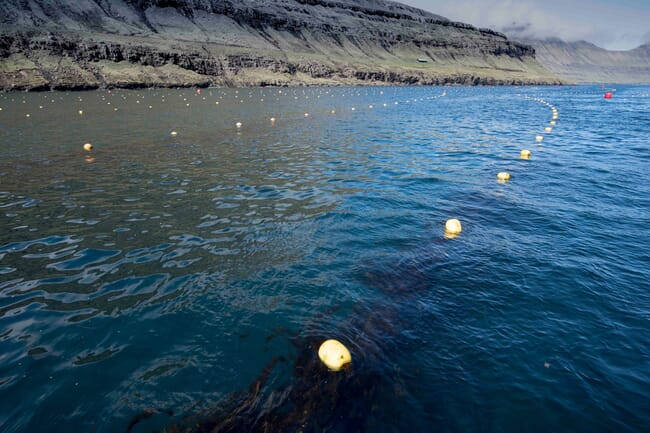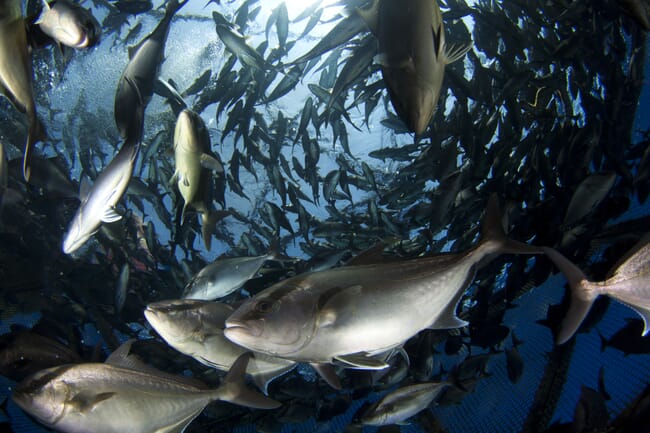A healthy ocean is an essential ally in the world's fight against climate change. Protecting the marine environment and restoring key habitats – from seagrasses and mangroves to saltmarshes and coral reefs – is critical to help the world tackle climate change and respond to its impacts.
International Environment Minister Lord Zac Goldsmith said, “the ocean plays a unique role in regulating our climate. There is no pathway to net zero – or any of our shared global goals – that does not involve protecting and restoring nature, including the ocean, on an unprecedented scale.”
The UK Presidency called upon world leaders to take ambitious steps towards ocean health and resilience in order to achieve net zero ambitions and keep a rise of no more than 1.5°C within reach.

The UK is taking crucial steps as part of Ocean Action Day:
- A £6 million UK contribution to PROBLUE, a World Bank fund that works across a broad range of issues, to support the development of the blue economy as an important driver of growth in coastal and island developing countries.
- £400,000 to support the government of Fiji in issuing its first sovereign blue bond.
- An additional £1 million contribution to the Global Fund for Coral Reefs, further to the £5 million we announced earlier this year. The fund is dedicated to the conservation and restoration of coral reef ecosystems and the communities that depend on them.
- At least $20 million in commitments made at the Ocean Risk and Resilience Action Alliance roundtable to drive health and resilience of the ocean and climate vulnerable communities. This vital investment and cross-sector collaboration will support nature-based solutions and coastal communities.
- The UK is driving global support for a new "30by30" target, to protect at least 30 percent of the global ocean by 2030. Evidence indicates that achieving this target will not only help to reverse adverse ecological impacts and preserve fish populations but will also help to increase resilience to climate change and sustain long-term ocean health.
- Work to progress evidence on blue carbon habitats in the UK, such as saltmarsh and seagrass.

The UN's take on Ocean Action:
- Climate action is ocean action. For the health of the ocean, secure global net zero emissions no later than 2050 and keep a rise of no more than 1.5°C within reach. This includes decarbonising the shipping sector and scaling up offshore renewable energy.
- The ocean is part of the response to climate change. Protect, restore and sustainably manage key marine habitats and species, including blue carbon habitats, driving marine nature-based solutions that will help us and the ocean to mitigate, adapt and be resilient to climate change as part of Paris Agreement commitments.
- Protect the ocean to address climate change and biodiversity loss together. Commit to protect at least 30 percent of the global ocean by 2030 (30by30), and work towards achieving an international legally binding instrument under UNCLOS for the conservation and sustainable use of marine biodiversity.
- Invest in ocean-climate action. Commit to increasing finance for marine nature-based solutions, ocean protection and restoration, throughout the next five years as part of commitments to increasing finance for nature.
- Underpin ocean action with transformative ocean science. Collaborate through the unique opportunity offered by the UN Decade of Ocean Science for Sustainable Development (2021-2030) to enhance global ocean observations and deliver accessible data for all.




